This week marked an inflection point in Donald Trump’s relentless politicisation of the US armed forces, as he delivered a partisan – if scattershot – campaign speech to the very room of people he is not supposed to: the commanders of the most powerful military in the world.
For those declaring a five-alarm authoritarian fire in the US, there was plenty of smoke: the anti-woke rhetoric that has become a commonplace of the political right, the threats to summarily dismiss the generals who disagree with him, the transparent pleasure at deploying the military to perform police actions in major US cities.
And the secrecy surrounding the rare meeting of military leaders, some of whom were recalled from conflict zones abroad, fed rumours of a declaration of war or a purge that could mark a turning point in Trump’s second term.
But as with every action by this president, the question remains how much of this moment was made-for-TV alone, and whether there was much substance to the swagger on stage at the Marine Corps base in Quantico, Virginia, this week.
After sending out a secret summons to about 800 US generals, admirals, and other senior defence officials around the world, the US president and his defence secretary, the ex-Fox News host Pete Hegseth, delivered their urgent message: a 10-point directive that spanned from the deployment of the US military in major cities to a polemic against “fat generals”.
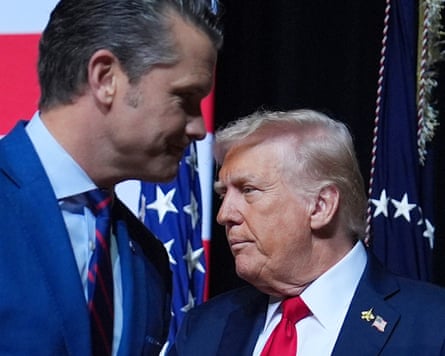
There were concrete messages here: that the US military works at the pleasure of Trump, and that it is his way or the highway. And also that the new direction of the US military is not to be sent abroad – but against the very citizens of the US.
“The Democrats run most of the cities that are in bad shape,” Trump said. “What they’ve done to San Francisco, Chicago, New York, Los Angeles, they’re very unsafe places and we’re going to straighten them out one by one.”
“It’s a war from within,” he continued. At another point he said that US cities should be used as a “training grounds”.
But those lines were buried in longer speeches, which were mostly obsessed with vanity and the very appearance of a professional military. Before Trump’s more-or-less standard stump speech in which he also attacked a culture of sloth in the military, Hegseth railed against diversity and inclusion guidelines in fare that would be lapped up by the president’s base.
“No more identity months, DEI [diversity, equity and inclusion] offices, dudes in dresses,” Hegseth said. “No more climate change worship. No more division, distraction or gender delusions. No more debris. As I’ve said before and will say again, we are done with that shit.”
One feeling among the military elite was that it could have been worse. Military insiders were concerned about pledges of loyalty, or an immediate purge of top generals. That did not take place in Virginia; what Trump appeared to have wanted was the chance to posterise his generals, literally using them as a backdrop as he dunked on Democrats and the politically correct policies they had pushed in the past.
“The biggest news was what did not happen,” read one analysis of the speech published by the Washington DC-based Center for Strategic and International Studies. “There was no purge of the generals, no changes in the oath of office, and no demands that senior officers support partisan policies.”
The reaction among the brass was not uniformly enthused. “Could have been an email” read the Politico headline, citing one defence official who said it was less of a briefing and more of a campaign rally.
Many things in the US today resemble a campaign rally. Trump’s speech at the United Nations, ostensibly an opportunity to address world leaders on the 80th anniversary of the founding of the world body, began with him tallying off his record on the US economy and inflation.
The recent funeral of Charlie Kirk, the conservative activist who was assassinated onstage at a Utah university last month, dominated television coverage in the US and also featured Trump and Hegseth, along with other top administration officials, railing against the radical left.
This was not even the first time that Trump has been accused of using the military as a political prop. That came in June, when Trump gave a speech at Fort Bragg, a US military base in North Carolina, where uniformed enlisted men and women jeered as he attacked Joe Biden and the California governor, Gavin Newsom.
But this week’s meeting of military leaders at Quantico was unique in its directness, and the use of senior military leaders from around the world.
“The messages coming loud and clear from the administration are that they are far more relaxed than recent predecessors on the domestic role of the US military, and have a blase approach to the presentational and legal aspects,” wrote Matthew Savill, the director of military sciences at the London-based defence and security thinktank the Royal United Services Institute.
While many of the changes for now are rhetorical, foreign leaders including the pope have noted that the rhetoric matters.
“This way of speaking is worrying because it shows an increase in tension, and also this vocabulary of changing the minister of defence to the minister of war,” said Pope Leo XIV. “Let’s hope it’s just a way of speaking.”

 German (DE)
German (DE)  English (US)
English (US)  Spanish (ES)
Spanish (ES)  French (FR)
French (FR)  Hindi (IN)
Hindi (IN)  Italian (IT)
Italian (IT)  Russian (RU)
Russian (RU)  3 weeks ago
3 weeks ago
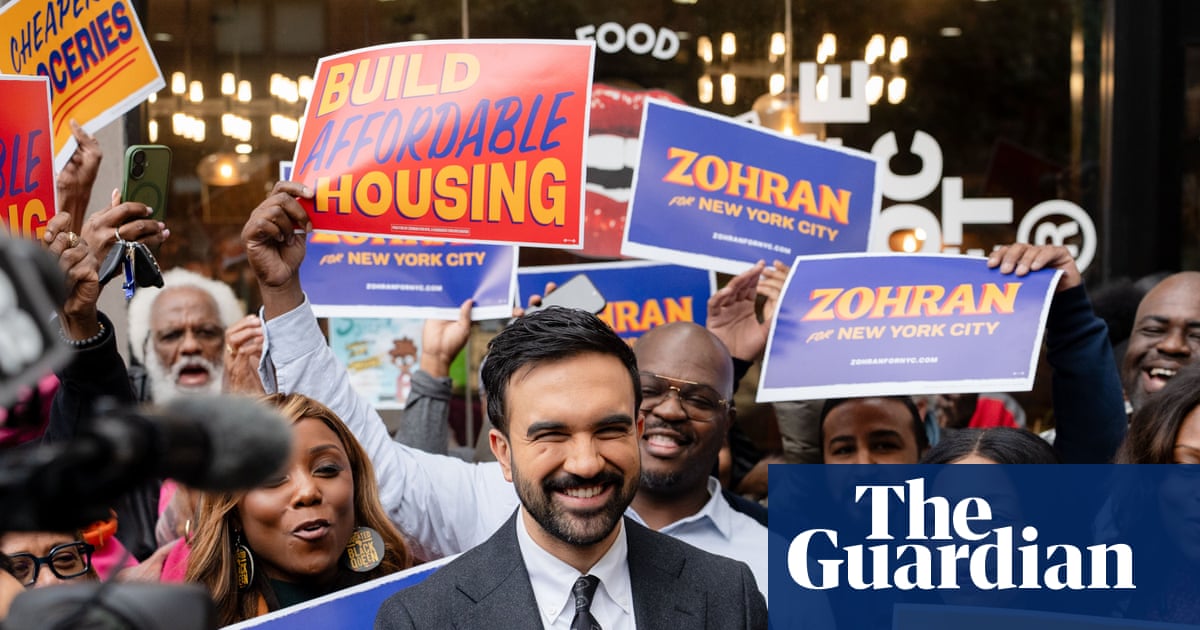






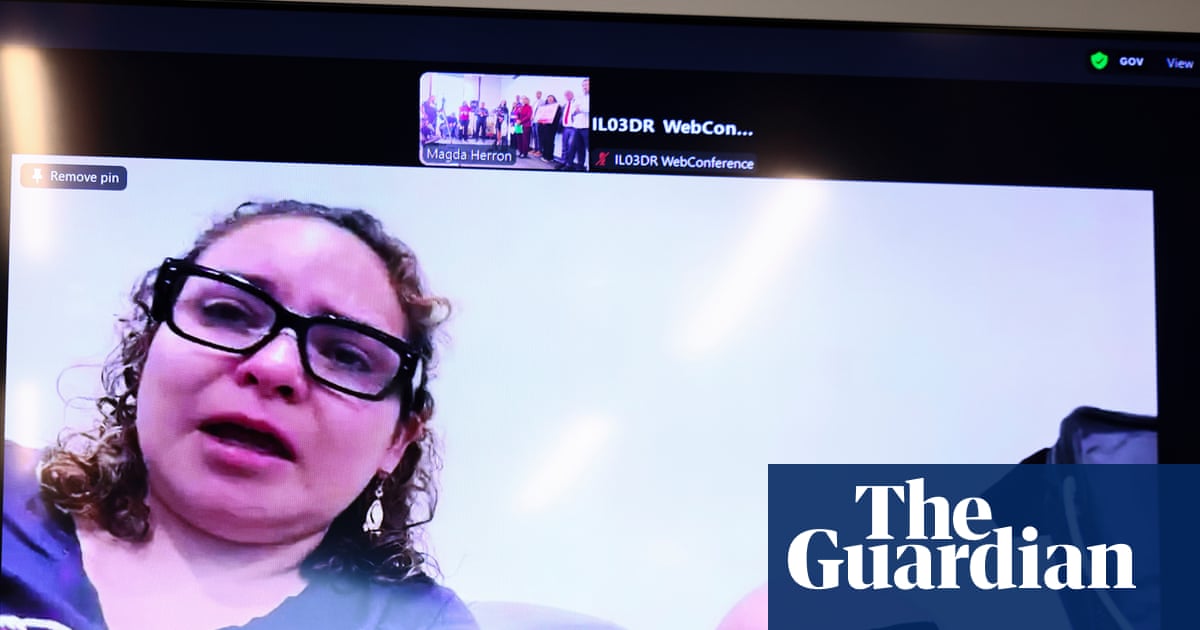
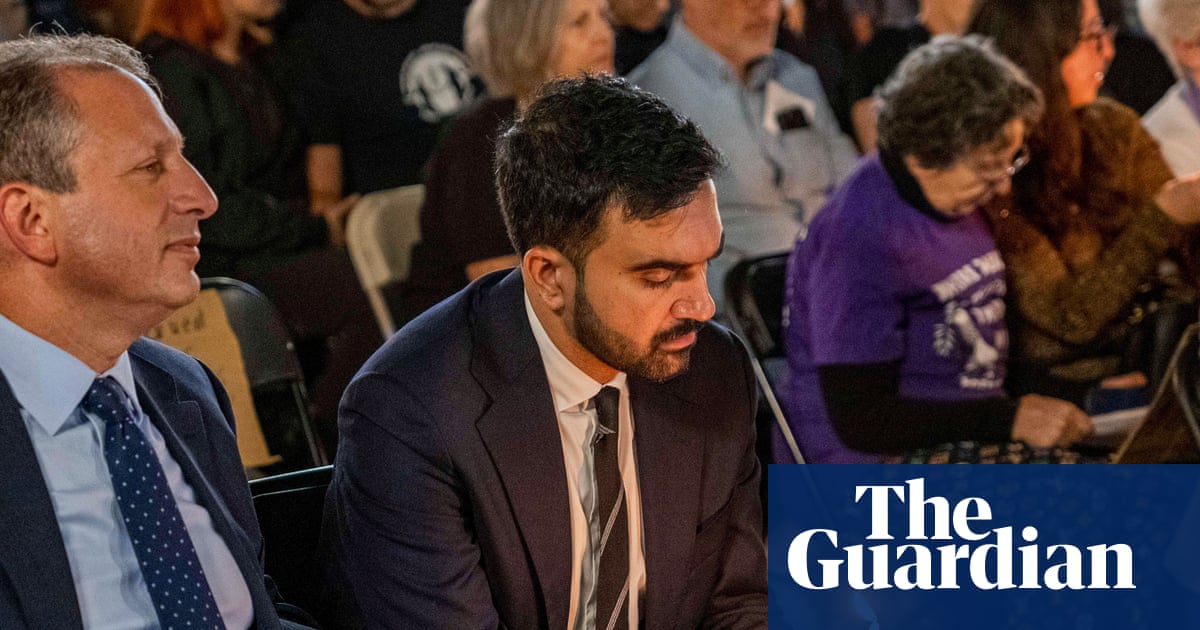
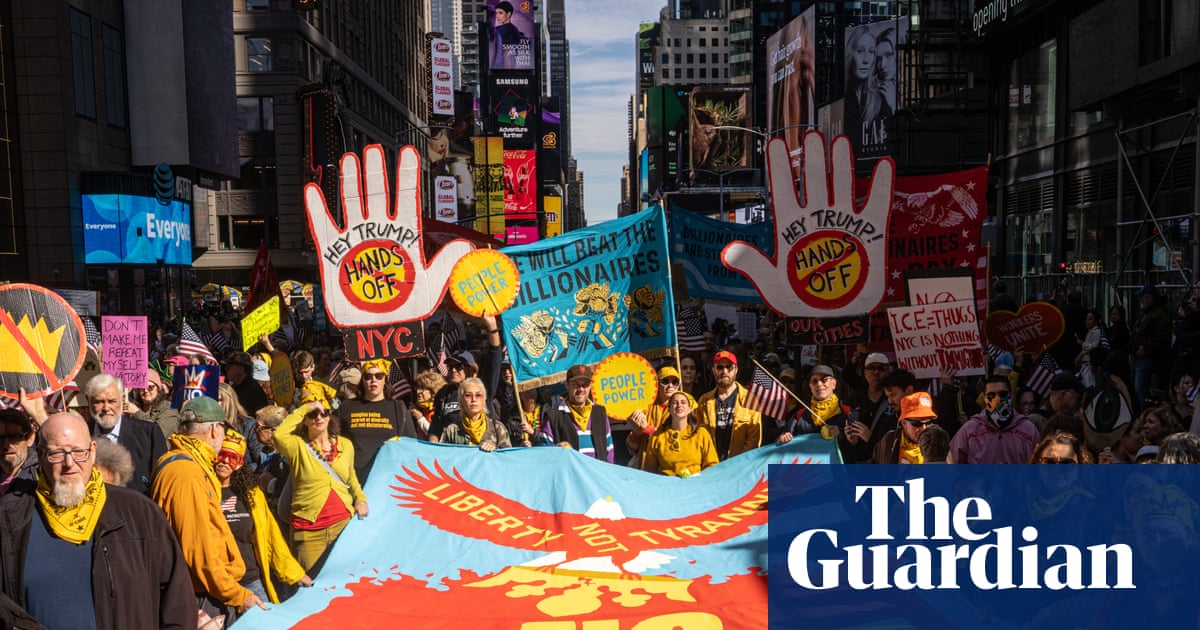














Comments